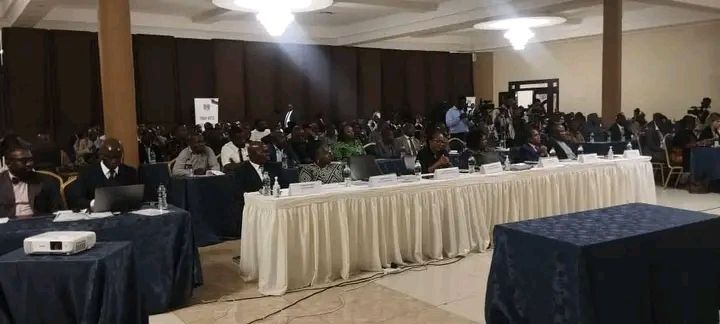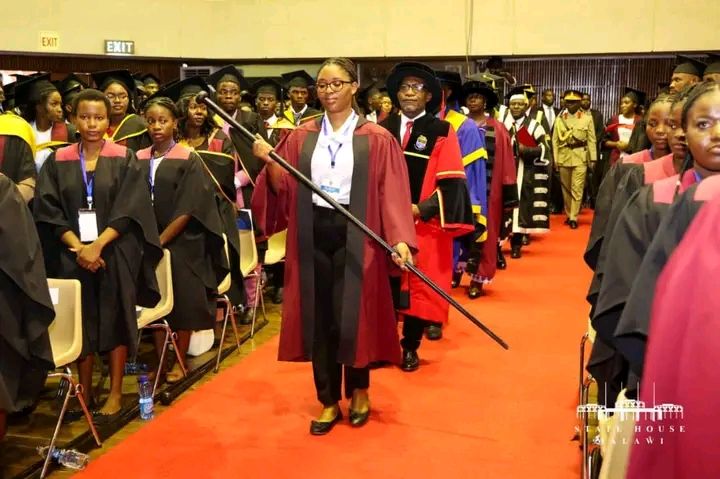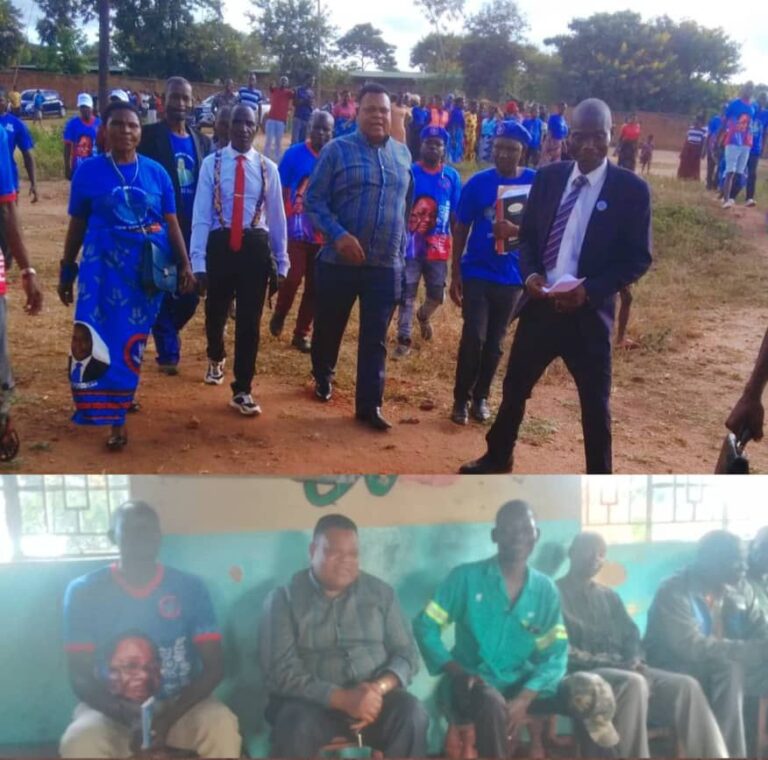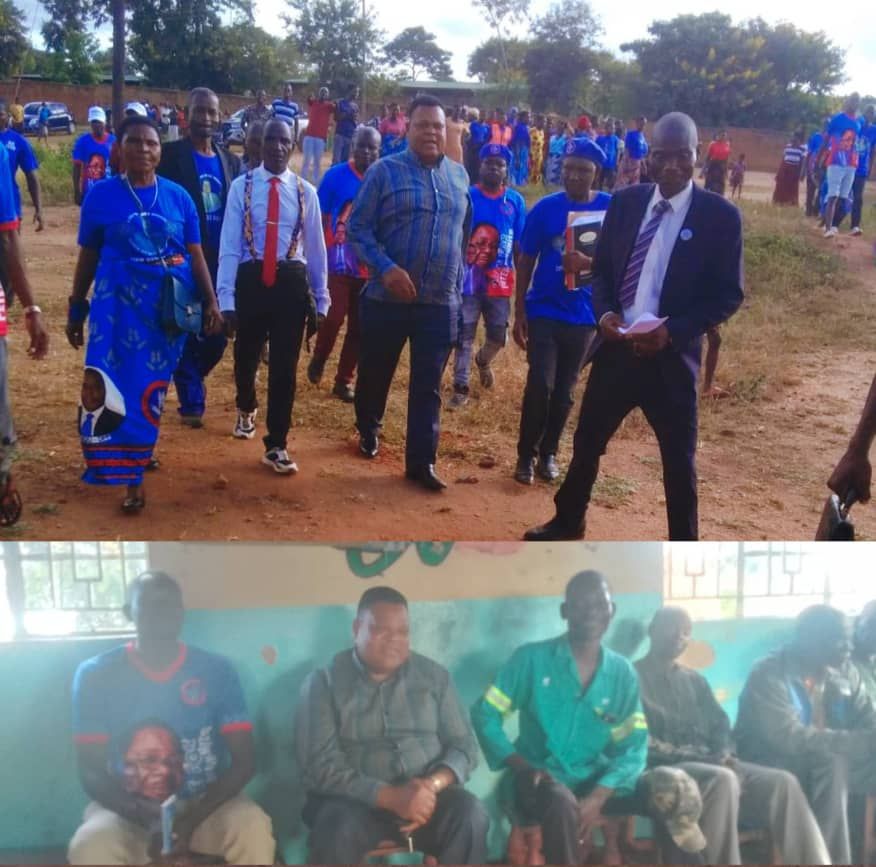By Jones Gadama
Minister of Higher Education, Jessie Kabwila, has commended President Dr. Lazarus Chakwera for his efforts in ensuring that the school calendars in institutions of higher learning are not disturbed.
Speaking at the University of Malawi graduation ceremony, Kabwila praised the President for his commitment to promoting tertiary education in the country.
According to Kabwila, President Chakwera has made significant strides in ensuring that university calendars flow as planned, allowing students to complete their studies without unnecessary disruptions.
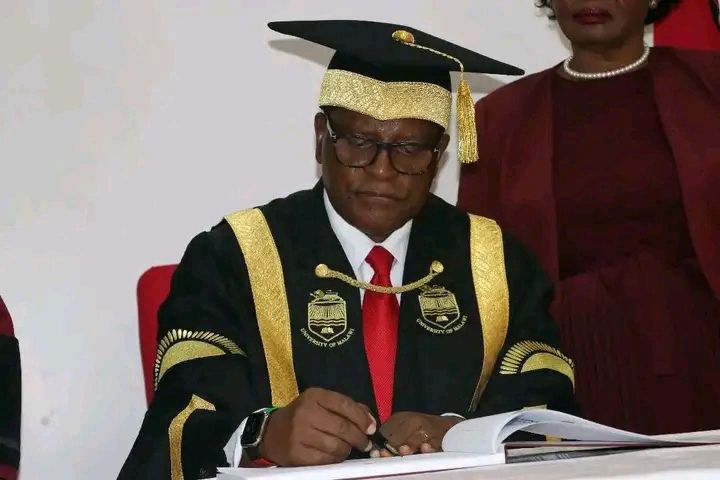
The Minister also highlighted the President’s efforts in increasing enrollment numbers in higher education institutions, providing more opportunities for Malawian students to access tertiary education.
Kabwila further commended the President for increasing the number of students benefiting from the students’ loans and upkeep allowances, making it easier for students to focus on their studies without financial hardships.
These interventions, she noted, demonstrate the government’s commitment to supporting higher education and promoting the development of the country’s human capital.
Another significant issue that Kabwila praised the President for addressing is the quarter system of selecting students.
She noted that the President has ensured that all Malawian students are treated equally in the selection process, eliminating biases and promoting fairness.
This move, she said, has brought relief to many students and their families, who can now access higher education opportunities without fear of being unfairly disadvantaged.
The Minister’s praise for the President’s efforts in supporting higher education comes at a time when the sector is facing numerous challenges.
Many institutions of higher learning in Malawi have struggled with issues such as inadequate infrastructure, limited resources, and brain drain.
However, under President Chakwera’s leadership, the government has made significant investments in the sector, aimed at improving the quality of education and increasing access to higher education opportunities.
Kabwila’s comments were made during the University of Malawi graduation ceremony, where hundreds of students were awarded degrees and diplomas in various fields.
The ceremony was a celebration of the students’ hard work and dedication to their studies, and a testament to the impact of the government’s efforts in promoting higher education.
As Malawi continues to invest in its human capital, it is essential that the government remains committed to supporting higher education.
By providing more opportunities for students to access tertiary education, the government can help to build a skilled workforce that can drive the country’s economic growth and development.
Minister Kabwila’s praise for President Chakwera’s efforts in supporting higher education is well-deserved.
The President’s commitment to promoting tertiary education and eliminating biases in the selection process is a significant step towards building a more inclusive and equitable education system.
As Malawi continues to develop its human capital, it is essential that the government remains committed to supporting higher education and promoting the development of the country’s future leaders.


